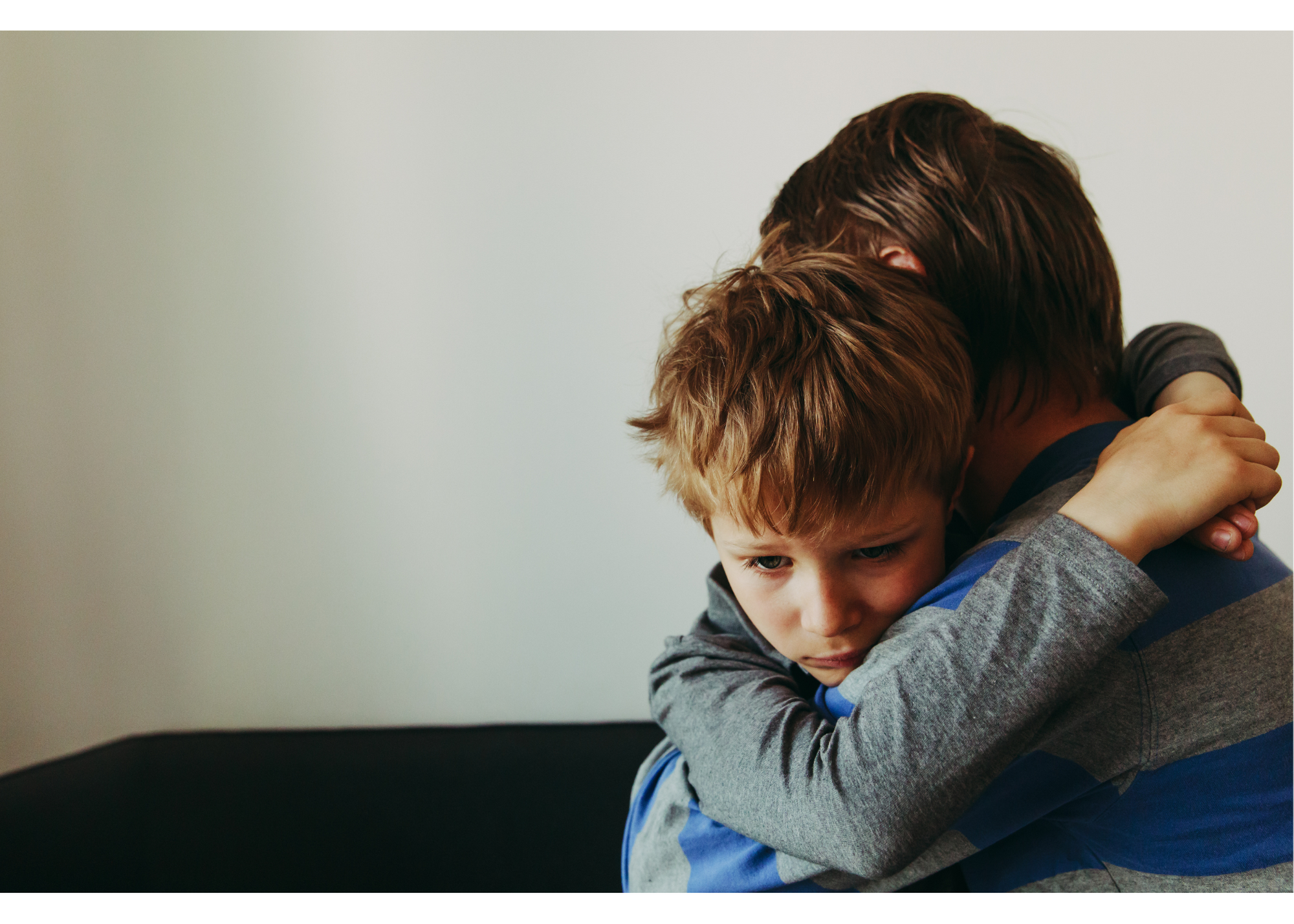What to do When a Child Discloses Abuse
When a child discloses some form of abuse, it can feel overwhelming and scary and leave you with so many questions. What do I do? How do I keep my child safe? Is my child okay? Why didn’t they tell me sooner? In these times, it is the parent or caretaker’s job to remain calm and help the child find safety. This is your guide to what you should do when a child discloses abuse.

Stay Calm
Finding out your child or a child in your life has been abused can bring up powerful emotions. These emotions can make it difficult for a child to further disclose the abuse and share their story.
You need to create a safe place for the child during this difficult disclosure. Make sure they know what they are telling you is confidential, keep a calm demeanor, and remind them they are doing the right thing by sharing.
Believe the Child
Always believe the child. Reassure them that they are not to blame for the abuse they have experienced. Additionally, praise the child for their bravery for telling you and reassure them they are safe to talk to you about their abuse.
Remember to listen carefully and patiently rather than asking questions. Gather facts and take notes.
Do not ask the child leading questions, these can confuse the child, make it more difficult for them to disclose, and not be able to share their story accurately.
Report the Abuse
Immediately after the child has disclosed, report the abuse to local authorities. Reports of abuse can also be made anonymously to help protect your privacy.
Report child abuse, neglect, or child sexual abuse directly with your local law enforcement agency:
Call 911 or DCYF
Report abuse by a parent or caretaker:
Department of Children, Youth and Families (DCYF)
(866) 363-4276
Talk to an advocate, ask questions, and get assistance in reporting to police or DCYF:
Advocacy Hotline at Providence
425-297-5771
Get Help
After a child experiences abuse, they may need mental and medical healthcare, legal services, and other support. This is where Dawson Place can provide every service needed to help victims find safety, justice, and healing at no cost to families. Learn more about our services.
Provide Reassurance
After experiencing a traumatic event, your child will need reassurance. Insure they know they are loved, accepted, and that what they experienced is not their fault. Be careful not to make any promises you can’t keep but let them know you will do everything you can to keep them safe.
Keep Your Child Informed
If you are the parent or guardian of the child, keep them informed of every step along the way. For some cases, children may have forensic interviews, legal actions, medical exams, mental health assessments, and more to ensure they can find the support and healing they need.
